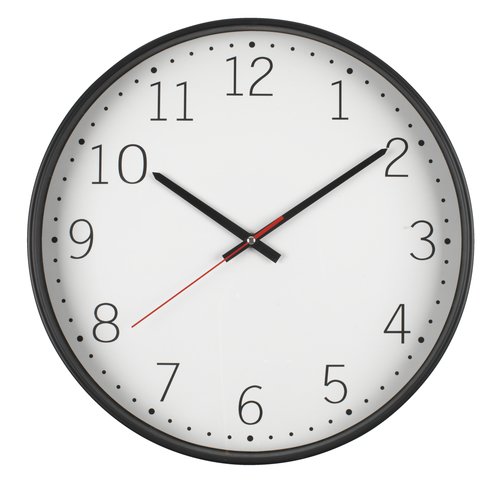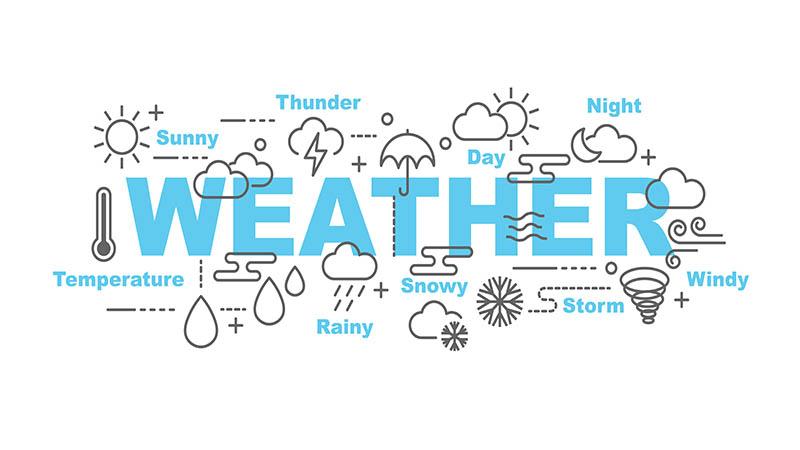Health and Safety
Professional film crews take health and safety issues very seriously. The line of responsibility runs from the Producer to the Production Manager and 1st Assistant Director and finally on to all crew members who have a duty of care which is recognised by law. If someone can see the potential for an accident and does nothing to try to prevent it, they can be held responsible in some way, probably along with their senior colleagues.
When filming, people have many things on their minds, things can get rushed, and risks can increase. Even simple things can become dangerous because this is not an ordinary situation. Of course, all of life presents hazards, but if someone is asked to run down a hill repeatedly to get the scene right, for example, the risk of them tripping and falling on their face is increased with each time they do this. If the hill is pavement rather than grass the risk of serious injury is increased.
Risk assessment
The way to stay safe is to look at each shooting set up or location individually and think of what exactly could go wrong. This is called a risk assessment, and can be an excellent exercise to do with your students. (if you don't work with the young people on it you will need to cover it yourself)
The way to stay safe is to look at each shooting set up or location individually and think of what exactly could go wrong. This is called a risk assessment, and can be an excellent exercise to do with your students. (if you don't work with the young people on it you will need to cover it yourself)
It's a three step process
- Identify all the hazards
- Evaluate the risks
- Identify measures to control the risks
Then put in place safeguards to eliminate or minimise risk. You should make a record of any risk assessment to ensure the students are clear on how to stay safe. This can save time during your shoot. Rules about listening to each other, respecting a chain of command, looking after equipment properly, and not rushing, will all help to keep people safe and happy.
Weather
Extremes of weather are one commonly overlooked hazard. If you are filming outside all day, it is essential to make sure the crew are dressed appropriately. A lot of the time you may be standing around and people will get cold very quickly even in what seems quite mild weather. Layers of clothes are best, and get everyone to bring a waterproof and a woolly hat - they keep out wind as well as rain and are invaluable.
Sunburn and heatstroke are other outdoor hazards. Always have high protection sunscreen on hand and make the students put it on. Try to get students to wear some kind of sun hat or stay in the shade when possible and make sure lots of water is available to drink. The other reason for sunscreen is to stop the actors' appearance changing drastically and messing up the continuity of the film!
 Time pressureRushing to finish in time is when hazards get missed, or people start taking risks. If this starts to happen, take a moment to calm everyone down and remind them: this is only a film. If you feel really pressured try to think of how to lighten the work-load: can you cut out some shots or set ups to give you the time to get the most essential stuff for the film without a panic? Or can you come back tomorrow to finish?
Time pressureRushing to finish in time is when hazards get missed, or people start taking risks. If this starts to happen, take a moment to calm everyone down and remind them: this is only a film. If you feel really pressured try to think of how to lighten the work-load: can you cut out some shots or set ups to give you the time to get the most essential stuff for the film without a panic? Or can you come back tomorrow to finish?
Common hazards
Tripping hazards
Move or gaffa tape down cables and objects that could be tripped over.
Lifting hazards
Go carefully when moving or lifting heavy or dangerous things, ask someone to help you.
Lifting hazards
Go carefully when moving or lifting heavy or dangerous things, ask someone to help you.
Camera risks
When a camera operator or cast member is walking during a shot, make sure they are comfortable with their route and there is nothing that could cause problems (a camera operator who needs to walk backwards for a shot should have an assistant to guide them and/or check their route).
Water
Shots that involve water

.jpg)


No comments:
Post a Comment